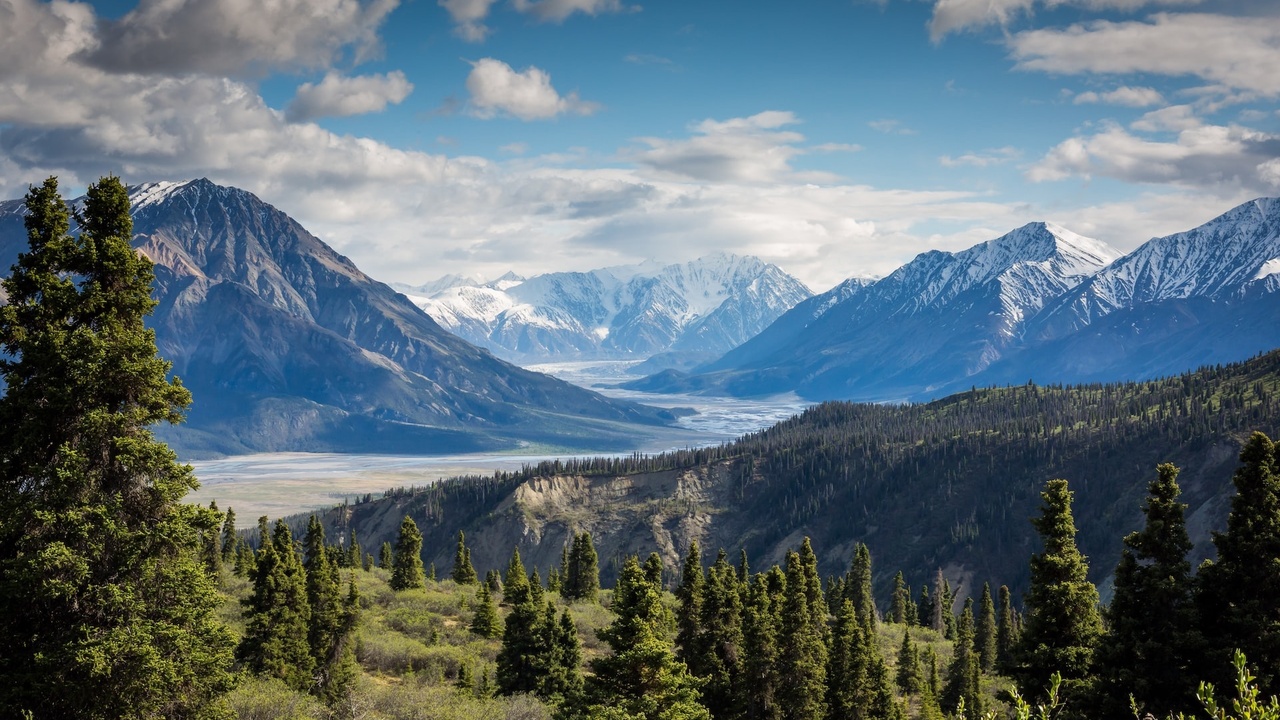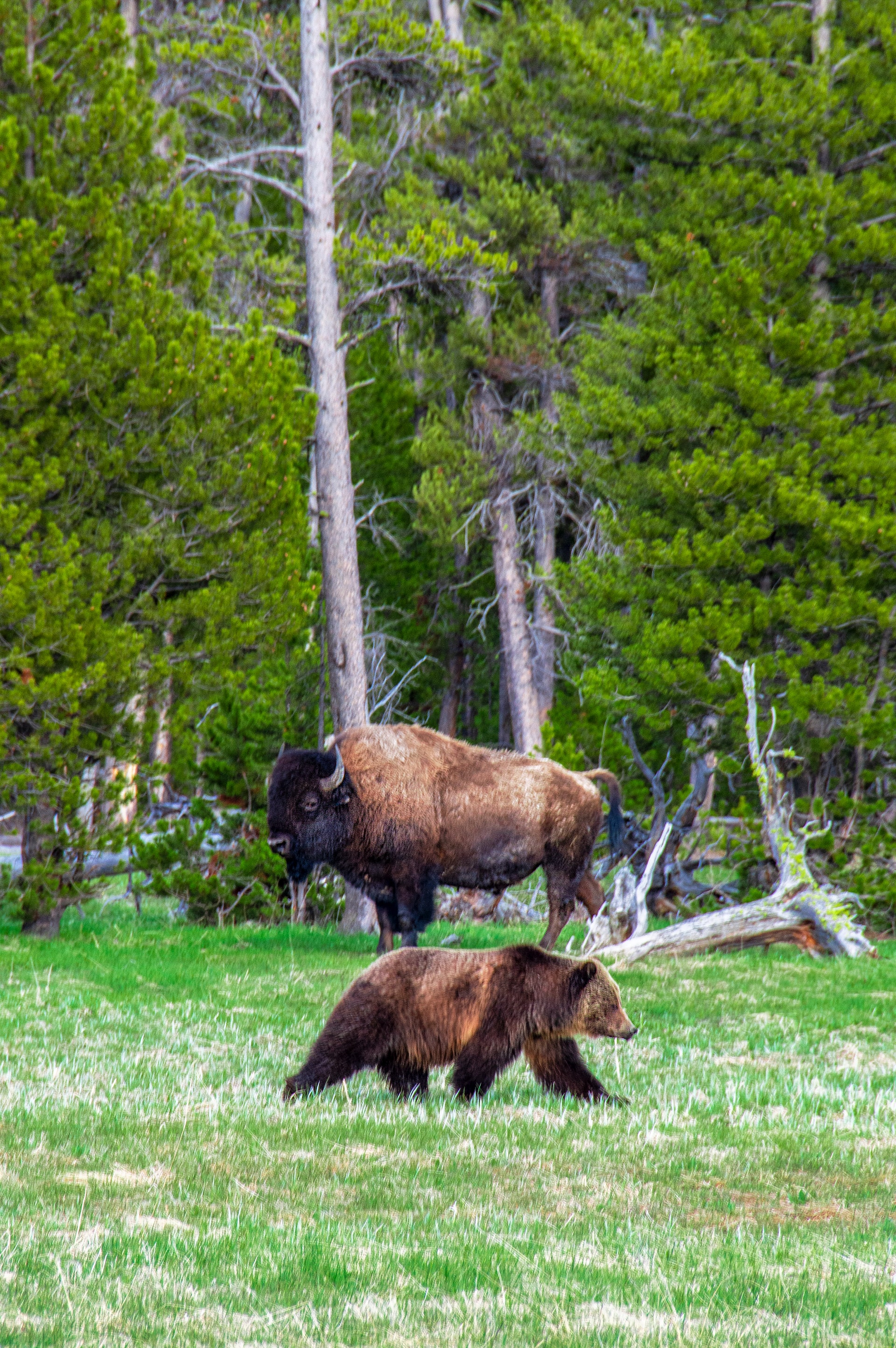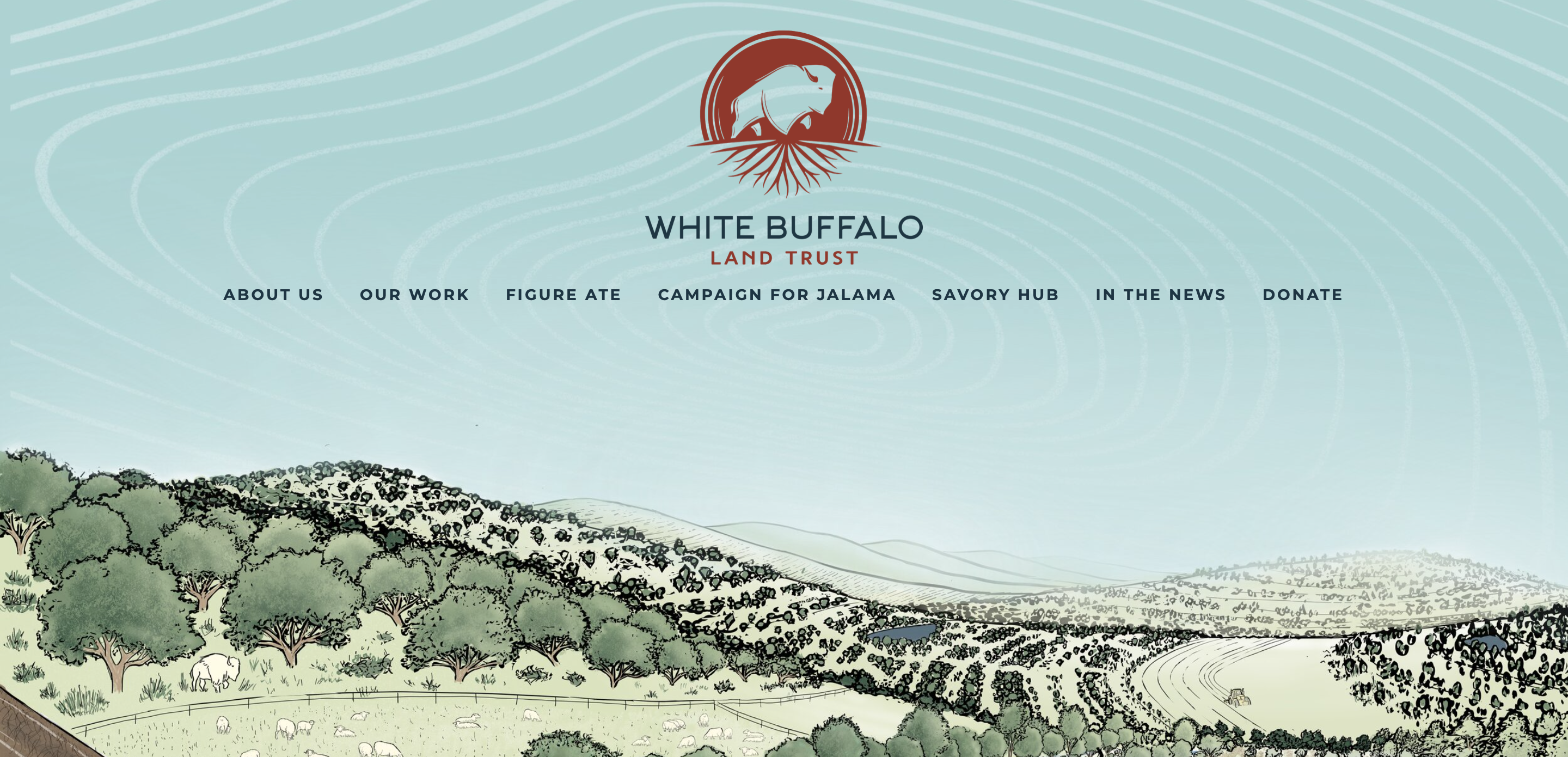What Are Land Trusts?
Sep 08, 2022
With California being one of the largest states in the nation, we have a lot of land available to us, but one question that has been around for ages - what should we do with that land?
There are a few different ways of looking at it. Some might say that land should be protected through the federal government (like national parks/forests); others that the land should be bought and donated back to Native tribes. Said land could be used to create new housing developments (something that California has been struggling with for a few years), or the land could be held under what’s called a land trust.
If you’re like me, this might be a record scratch moment… what’s a land trust? I recently saw that a piece of land in Santa Barbara county was sold to a land trust and I was scratching my head. I figured I can’t be the only one who’s just learning about land trusts, so why not use this as an opportunity to explore the topic?
What is a Land Trust?
A land trust is a legal entity that takes ownership of, or authority over, a piece of property at the request of the property owner. They are typically used for land conservation or property development. For our purposes today, we’re only going to be focusing on the conservation land trusts, which follow a different process than the development land trusts.
Conservation land trusts “protect wildlife, historical or cultural sites, and natural resources from commercial development or other activities that may lead to disruption or pollution.” Did you know that there are 61 million acres of undeveloped land managed by conservation land trusts in the U.S.? That’s a huge chunk of land dedicated to things like biodiversity, soil health, water quality, and a number of other environmental and cultural impact areas. So, what makes land trusts different from other conservation-focused organizations like federal government organizations?
What Makes a Land Trust Unique?
In the U.S., we have a few different government organizations dedicated to land management and conservation. Here are a few to know about:
- National Parks Service (NPS) - I highly recommend following them on social media, their posts are hilarious!
- U.S. Forest Service
- Bureau of Land Management ( a division of the Department of the Interior)
- Department of the Interior

Tip: if you’re a college student looking for an internship, check out each of these departments! Typically, they have tons of positions open every summer and winter. They also have entry-level jobs like Park Rangers and Administrative roles that will help get experience under your belt. Find them via LinkedIn.
While all of these organizations do great work, they usually face challenges that land trusts don’t. Much of the work these groups can accomplish is based on how much funding they get from the federal government, which is often influenced by which party holds the majority. Therefore, progress can be incredibly slow.
With a land trust, the organization is oftentimes working with the land owner (or owners) to accomplish the goal of preserving the land. Using this collaborative approach, funding is typically protected and both parties are less likely to run into issues surrounding the effectiveness of the project.
Another benefit of the land trust approach is that the organizations are much smaller than the above-listed government organizations. With most land trusts, there is a board of directors that votes to make decisions and meets to discuss issues surrounding the project. This is vastly different from the hundreds of people it takes to run larger government organizations.
All of this sounds great, but what’s a good example of how a land trust actually benefits the environment and the community?
Why Land Trusts Are A Good Option
The point of preserving our land is to make sure the environment can be as healthy as possible to benefit the entire ecosystem, and that includes us!
Traditional land conservation through land trusts is beneficial to the entire ecosystem through promoting biodiversity, bringing back native species and driving out the invasive ones, and regenerating soil health. But all of this and more can be wrapped up into two words that work in tandem - natural capital and ecosystem services.
Natural capital is our entire stock of natural assets which can include soil, water, and all living things. Ecosystem services are the benefits we get from natural capital like clean air, raw materials, transportation routes, food, and even recreational enjoyment. Without natural capital, we can’t have ecosystem services and without ecosystem services, we risk large-scale impact on human health.
Although traditional land conservation is vital to the health of our overall ecosystems, there are ways in which land trusts can create a new system altogether…
White Buffalo Land Trust is using land conservation in a whole new way through regenerative agriculture. Recently, they acquired Jalama Canyon Ranch in Santa Barbara County - a 1,000-acre section of land that will be dedicated to regenerative agriculture. Regenerative agriculture is the process of farm management in which ecosystem health is restored, along with reversing climate change through carbon sequestration.

What makes Jalama Canyon Ranch so exciting is that once it is up and running, the surrounding community of Santa Barbara will have access to more sustainable agriculture. Agriculture is one of the largest industries in California, but it is largely done through conventional methods that use too much water, release pesticides into the environment, and decimate the soil. The work being done at Jalama Canyon Ranch is bringing California one step closer to a total regenerative agriculture system. Remember natural capital and ecosystem services? Both work in harmony through the regenerative approach, allowing land to benefit both the organisms that live there and the people who depend on it.
In Conclusion
We cannot wait to see the work that will be done by White Buffalo Land Trust, and we’re so excited to see more land trusts having wins like this. We want to give a shout-out to the people who work at the above-listed government agencies keeping our public lands safe and clean. At the end of the day, whichever way our land is protected is important and we hope everyone doing the work continues to fight the good fight.
Here are some tips if you want to support land trusts, regenerative agriculture, or land conservation:
- Find land trusts local to you and do some research on the organization and current/future projects you can get involved in. Here’s a tool to help you find the ones based in California.
- When shopping, especially for groceries, check for certifications and labeling. While regenerative hasn’t been largely adopted, you can still buy organic, Fair Trade, Rainforest Alliance certified, or vegan. If you are looking for regenerative, check out GoodSam, Figure Ate, or Akua.
- One of the best ways you can support land conservation is by visiting a state or national park! Your entrance fee and camping fees help keep the parks system going, plus you’ll make memories that last a lifetime.
#keeplearning
A favorite podcast of ours, How to Save a Planet, recently did a great piece that offered up land trusts as a great climate-focused solution for a land-owner who asked, “What’s the Most Climate-Friendly Way to Use My Land?” You can guess what one of the solutions was :) Check it out here.
PS: Visiting Hawaii anytime soon? Want to check out a land trust in action, or support one? Get in touch with the team at North Shore Community Land Trust who is helping to, as they say on the North Shore, “Keep the Country Country!”
Don’t forget - if you have any questions, you can reach out to us at [email protected]. We’d be happy to answer any questions you may have.
Want more sustainability content? Sign up for our newsletter that drops every Wednesday and join our LinkedIn Group to connect with fellow sustainability lovers.
Thanks!
McKenzie
#sustainability #landtrust #conservation
